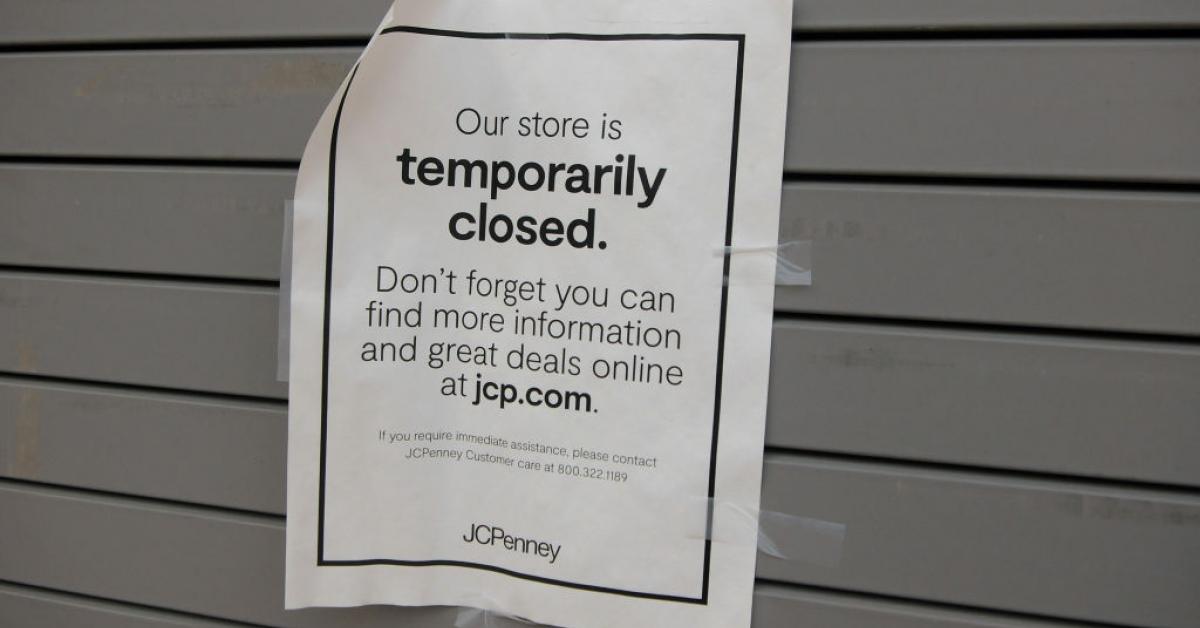

According to the Metropolitan Police, 185 people were arrested on terrorism charges since the start of 2020, a 34 percent decline compared to the previous 12 months.īut police are worried that successive lockdowns have created the perfect conditions for terrorism to thrive, fueling long-standing grievances, exacerbating economic inequalities, and stoking distrust of authority. fell to their lowest level in nearly a decade. (Valery Hache / AFP via Getty Images file)Īs a result of the slowdown in public life due to the pandemic, arrests on terrorism charges in the U.K. Image: French gendarmes secure the area around the Notre-Dame de l'Assomption Basilica in Nice. “While the rest of us have been focused on protecting ourselves and our families from Covid-19, terrorists have not stopped planning attacks or radicalizing vulnerable people online,” deputy assistant constable Matt Twist told journalists earlier this month at the Metropolitan Police’s famous Scotland Yard headquarters. The force declined to release details of those cases but said all four were either inspired by extreme right-wing or violent Islamist ideology. London’s Metropolitan Police, the United Kingdom’s largest force, said this month that it has thwarted at least four late-stage terrorist plots since the start of the pandemic. But the threat, police say, may now be growing again.

Since the defeat of Islamic State forces in the Middle East, terrorist attacks across Western Europe have waned. This November will mark six years since 90 people were killed at the Bataclan concert hall in Paris. Last week marked four years since an Islamist bomber killed 22 people outside the singer Ariana Grande’s concert in Manchester, England. A big reason for that? Yep, uncertainty around the vaccine rollout.The threat of ideologically-driven mass murders looms large in Europe. And yet, the ECB is failing to explain how they define ‘favorable,’ what ‘financing conditions’ they target, and what are their red lines,” BofA Securities analysts wrote in a recent note. “The ECB continues missing its inflation target, and inflation expectations suggest that the target will remain beyond reach for the foreseeable future. Growth and inflation are still hard to pin down in the eurozone, and that’s likely to keep the European Central Bank in limbo for some time, investors grumble. That’s still a long way off, but at least investors can agree on a general path to tightening rates. Right now, investors are betting the Fed will grow incrementally more hawkish as prices rise-a move meant to put the brakes on an overheating American economy. That will impact monetary policy, and, the thinking goes, a rate hike could pour cold water on the stocks rally. Interest ratesīond yields have been going up just about everywhere in the developed world since the start of the year as investors bet on growth and, with that, inflation.

If the dump-the-euro trade continues, watch for an increasing number of Fortune 500 firms to warn about the “currency effects” hit on profits. “Over Q1, the DAX (+9.4%), the FTSE MIB (+11.3%) and the STOXX 600 (+8.4%) all saw solid gains in total return terms, while banks led the way thanks to higher yields, with the STOXX 600 Banks up +20.3% over the quarter.”Ī strong dollar is bad news for multinationals and exporters-particularly if they’re exporting to countries hobbled by lockdowns.

“In a major reversal from 2020, it was European indices which saw the largest advances,” Deutsche Bank investment strategist Jim Reid and research analyst Henry Allen wrote in an investor note on April 1. The whole of the first quarter was pretty stellar for European stocks. After Easter, the benchmark Stoxx Europe 600 hit an all-time high, erasing all pandemic-era losses. Sure enough, investors have been piling back into European stocks at a ferocious clip since early March. That’s because any slowdown in the European economic engine will likely be short-lived, Berenberg’s Schmieding says. If the growth story is the bad news, the glass-half-full assessment can be seen in equities. in terms of the recovery,” and, therefore, it cannot be counted on in quite the same way to propel global growth until later in the year, at best. The eurozone, says IMF chief economist Gita Gopinath, is “a couple of months behind the U.S.


 0 kommentar(er)
0 kommentar(er)
